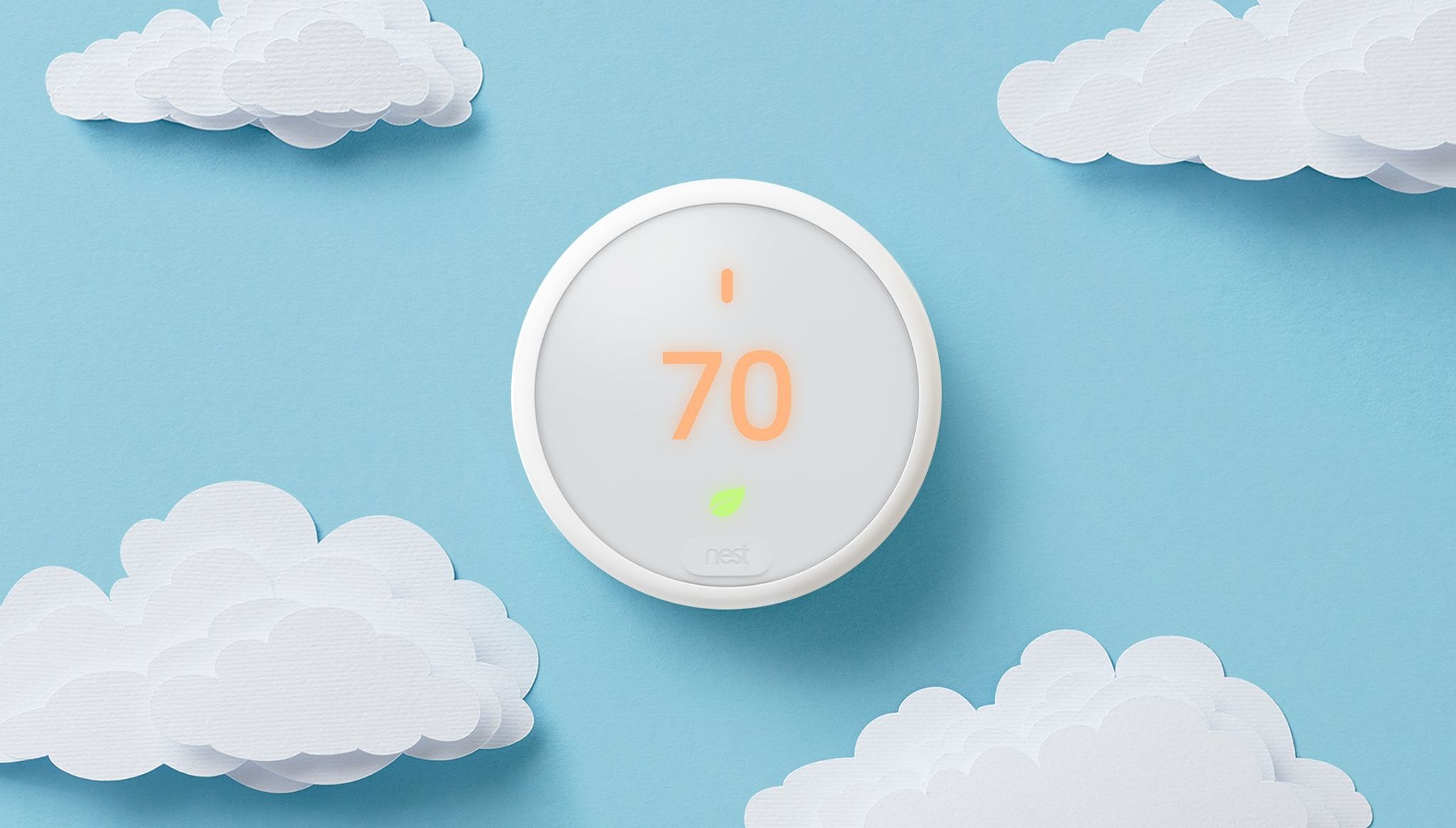Affiliate links on Android Authority may earn us a commission. Learn more.
Nest officially merged into Google's hardware division
Published onFebruary 7, 2018

- Nest, which has previously operated as an Alphabet subsidiary, will now be merged into Google’s hardware division.
- Google hopes to combine Nest’s smart thermostat and camera products and services with its own devices.
- Nest was formed in 2010, and was acquired by Google in 2014 for $3.2 billion.
After a couple months of rumors, Google made it official today — Nest, the smart home device company that was previously run as a separate subsidiary to Google’s parent company Alphabet, will now be merged into Google’s internal hardware division.
Google’s hardware head Rick Osterloh and Nest CEO Marwan Fawaz made a joint announcement on Google’s blog today, stating that moving the Nest team into Google’s hardware group will combine the two teams’s products and service to help create smart homes, with Google Assistant running things inside.
Nest first launched in 2010 and was originally co-founded by former Apple engineer Tony Fadell, who helped to create the original iPod. Nest first created smart thermostats that used machine learning to help better regulate temperatures inside houses in order to save energy. Google then acquired the company in 2014 for $3.2 billion. Originally, Nest was supposed to be the core of Google’s hardware efforts, but instead Google decided to create a separate division to produce its Nexus, Pixel, Chromecast, and Google Home devices.
Nest, working on its own, kept releasing new versions of its smart thermostats, and added products like connected cameras and, more recently, a home security system. Fadell resigned as head of Nest in 2016, but the company kept going under Google’s new Alphabet corporate structure. Its next product, Nest Hello, is a smart video doorbell that is scheduled for release in March.
It certainly makes sense for Nest to merge with Google’s hardware group, especially since the two are already working together. It will be interesting to see how Nest’s smart home products will evolve under Google’s more direct control.